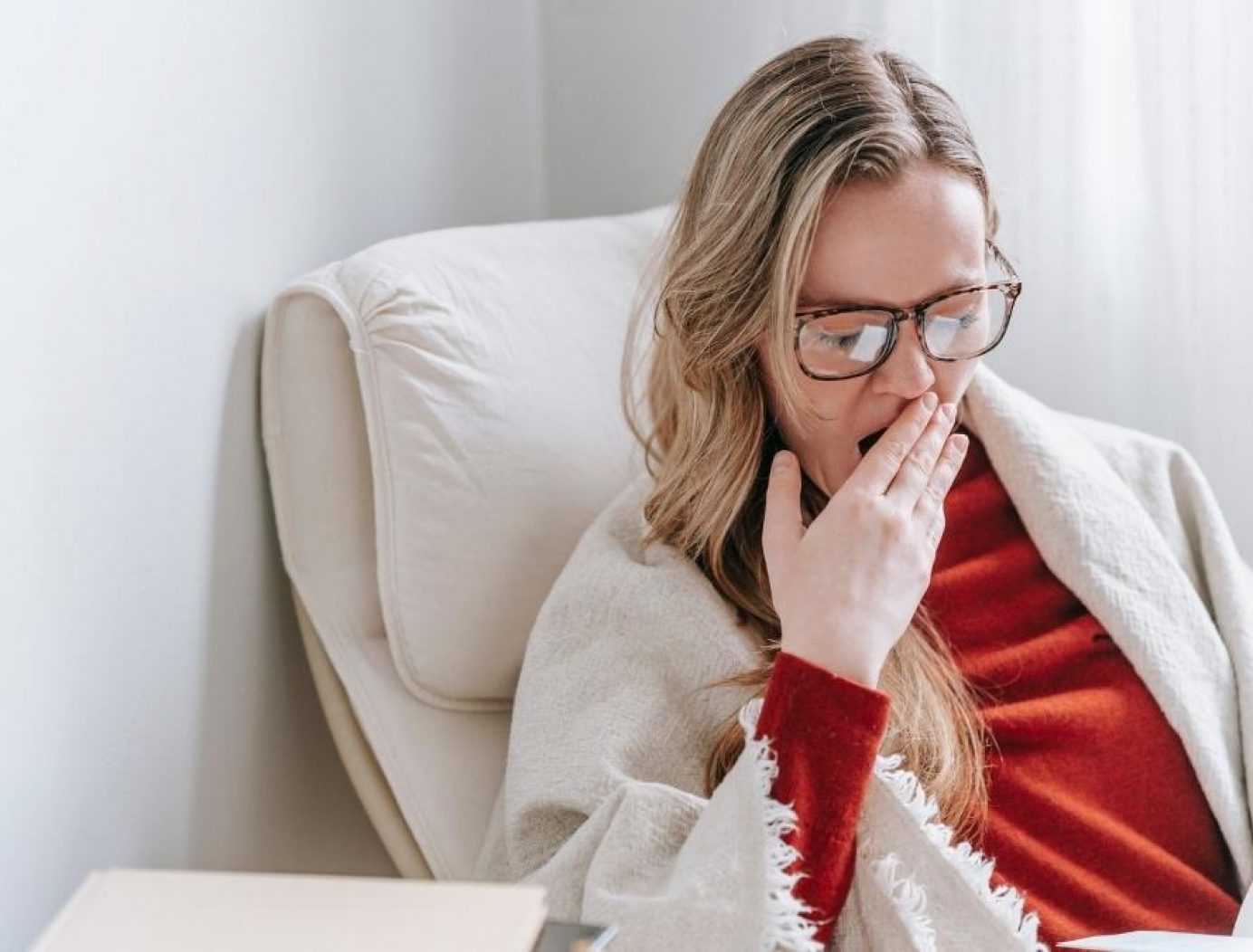
Trouble sleeping? Read our top 5 tips for falling asleep.
March 17, 2022
We know how important sleep is. But did you know that 36% of the country struggles to fall asleep on a weekly basis?
When your child is in hospital, sleep can seem like that last thing on your mind. But it’s crucial to keep up your energy when caring for your child. Our Ronald McDonald Houses across the UK aim to be a ‘home away from home’, but if you’re feeling a bit restless in the evenings, try one of these tips:

1. Schedule
Routine is an important part of sleep.
Trying to get a consistent wake up/shut down time (even on weekends) really helps your body to maintain it’s internal clock allowing you to fall asleep and wake up more easily.
We know that having a child in hospital can completely disrupt your routine, that’s why having a room at the nearby Ronald McDonald House can help to bring some sort of normality to your day-to-day in hospital. Being just a few minutes walk away from your child’s bedside helps families to avoid delayed public transport or heavy traffic which can massively affect your journey to and from the ward. Meaning you are able to spend more time establishing a routine for yourself.

2. Make your room sleep-positive
Creating an environment that can enhance your sleep sounds like it might be an expensive or time-consuming project… but following just a few of these tips can take your bedroom to the next level without being too costly.
- Temperature is important. If your room is too hot, it can disturb your sleep, Sleeping in a cool, quiet, and dark room is ideal.
- Keep your room clutter-free.
Sometimes our place of sleep can become a dumping ground of everyday clutter, shutting the door to hide the mess. But having a clear room is great for your mental wellbeing. Not only can it help promote good sleep, but it also helps to create a calm environment you can relax in, not being reminded of all the things you need to do. - Clean your sheets regularly.
According the experts, we should be cleaning our sheets every two weeks… Not only is it hygienic, who doesn’t love the smell of freshly cleaned bedding after a long day?
At some point, we’ve all experienced the restlessness of sleeping in a room that isn’t our own, and unfortunately when you find yourself unexpectedly at a hospital far from home, taking up residency in one of our Ronald McDonald Houses becomes reality. At Ronald McDonald House Charities UK, we strive to make our ‘home away from home’ as comfortable as possible. Of course, we provide everything families will need for their stay, however families are more than welcome to bring their own bedding, photo frames, throws, pillows… anything that brings them closer to that sense of home. Our on-site washing machines can be used by our families, not only to wash their bedding, but also their clothes and their child’s clothes.

3. Aromatherapy
Sleep sprays, diffusers, oil burners… For years we’ve been spraying, burning and spreading smells across our sheets to help us get into the sleeping mood.
According to Sleep Foundation, here are the best essential oils that can help to aid sleep:
- Lavender
We’ve all experienced the smell of lavender. Not only is it popular as a sleeping aid, it’s also in our bath soaps, washing powders and even our cooking!
But did you know that lavender can calm the nervous system? And that postpartum mothers who inhaled lavender essential oil and lavender-soaked cotton balls by their bed had improved sleep? - Bergamot
Though it’s not as widely known as lavender, bergamot has been rumoured to lower blood pressure and improve mental health. It can often be found in a mixture of oils such as with sandalwood, lavender and ylang-yland. - Chamomile
Not only has chamomile been used for years as a form of after sun, it’s also been studied to be affective in reducing anxiety and improving sleep.
There are actually two types of chamomile plants; Roman and German. Though similar, they can have potentially different outcomes. German chamomile is said to relieve pain, whereas Roman chamomile is more known for reducing anxiety.
Chamomile tea has been more commonly studied, however a blend of Roman chamomile, lavender and neroli essential oils was said to have reduced anxiety and improved sleep in patients of an intensive care unit.

4. Turn off the screens
This won’t come as any surprise… Smartphones, TVs, laptops… An hour before bed, try to switch off!
These devices all emit blue light and overexposure to this can lead to difficulty in falling asleep and staying asleep.
According to Sleep.org, exposure to blue light suppresses the production of melatonin, the sleepy hormone. Not enough of this can cause you to become a bit of a night owl or to get less shut eye than you normally would.
But also, let’s be honest, who stays up scrolling through TikTok? One minute it’s bedtime and the next it’s 3am and you’re watching 5-Minute Crafts.
When your child is in hospital, having your phone next to you is crucial to families. That’s why our rooms have a direct telephone line to the children’s ward right by our beds so that parents can be contacted even in the middle of the night.

5. Can’t sleep? Get up
The worst thing is laying there tossing and turning, worrying about the fact you can’t sleep. Our advice? If you can’t sleep, get up and do something relaxing until you feel sleepy again. Read a book or magazine, listen to a podcast, or try these breathing exercises from Calm.
Just don’t panic, you’ll sleep when you’re ready.
Don’t be afraid to seek assistance
There are loads of resources online to help you talk about your sleeping problems.
The Sleep Charity offer a helpline between 7 and 9pm, Sunday to Thursday on 03303 530 541.
Why is sleep quality important for parents?
Help us provide free home away from home accommodation to support families with children in hospital with a donation.
